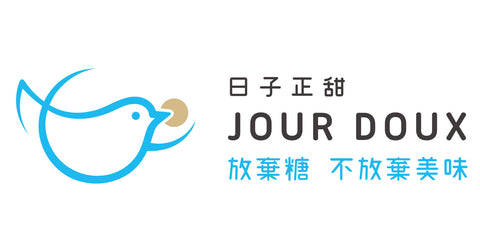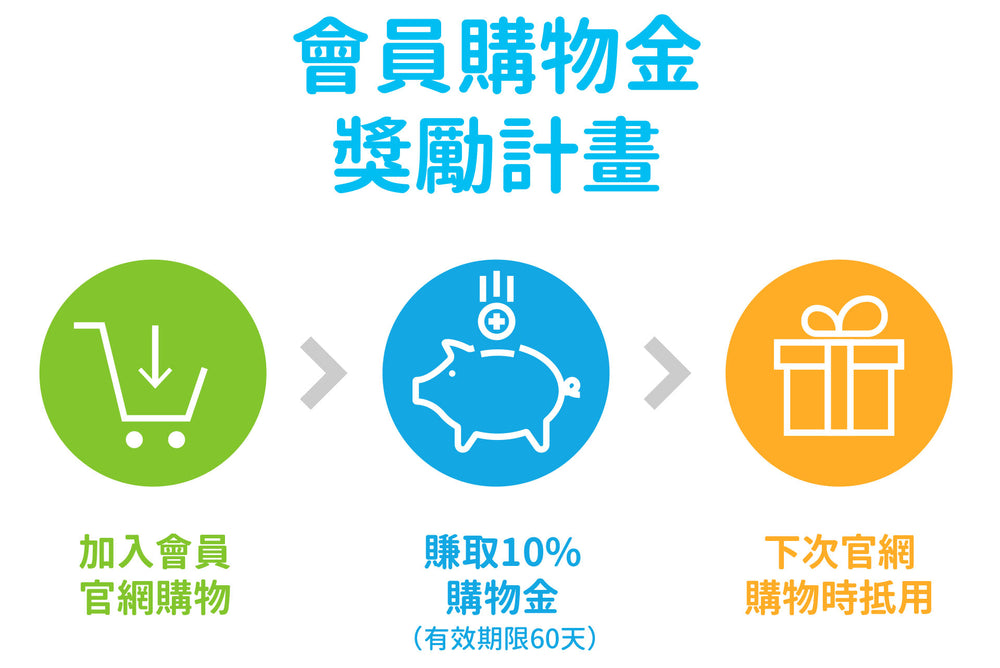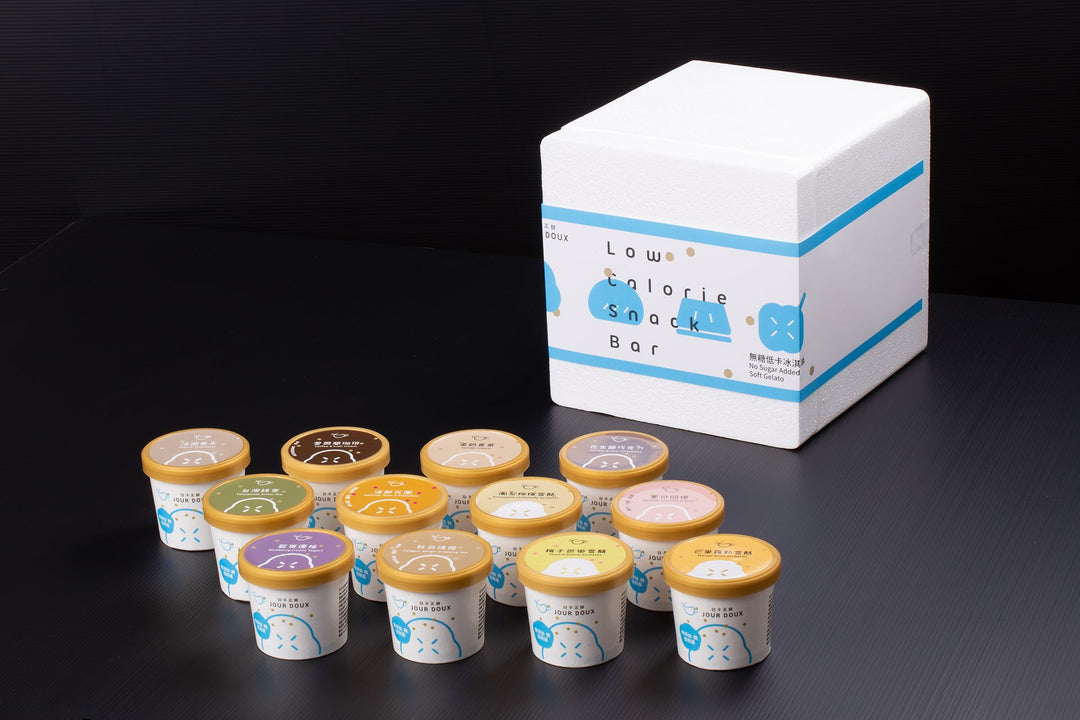Advantages and Disadvantages of Artificial Synthetic Sweeteners (Part 2)
Aspartame
Aspartame is also an artificial sweetener that was discovered by accident – in 1965 , chemist Schlatter accidentally licked his finger while synthesizing the drug. It is the only artificial sugar substitute with calories-4 calories per gram is the same as sucrose, but its sweetness is 180 times that of sucrose, so the calories of aspartame to achieve the same sweetness are still quite low. 
Aspartame will hydrolyze when heated or in a neutral or alkaline environment, so it is not suitable for cooking; its most common use is as a sweetener in low-temperature and acidic sugar-free beverages, so it is a beverage The most commonly used sugar substitute in the industry ( such as Diet Coke, etc. ). However, some medical studies have found that aspartame may be associated with brain tumors, brain damage, and lymphoma; in addition, patients with phenylketonuria cannot metabolize aspartame and should avoid it.
Aspartame was once the most popular sugar substitute after saccharin caused health concerns, but it was banned by the US FDA for 6 years before 1983 . Although more than 90 countries around the world have approved the use of aspartame, the main concern in recent years is that it will release a very small amount of methanol ( industrial alcohol ) after being absorbed by the human body , which will be further oxidized into Formaldehyde ( formalin ) , which may cause blindness, liver disease, or death. PepsiCo has officially announced in 2015 that it will stop using aspartame in all beverages and switch to sucralose. 
Saccharin
The discovery of saccharin is also a beautiful mistake: In 1879, chemist Fahlberg forgot to wash his hands and went to eat bread when he was researching the extraction of compounds from tar, and suddenly felt that the bread was sweet. It is about 300 times sweeter than sucrose, but has a bitter or metallic finish after eating. Saccharin is often used as a sweetener in beverages, candies and toothpaste. 










